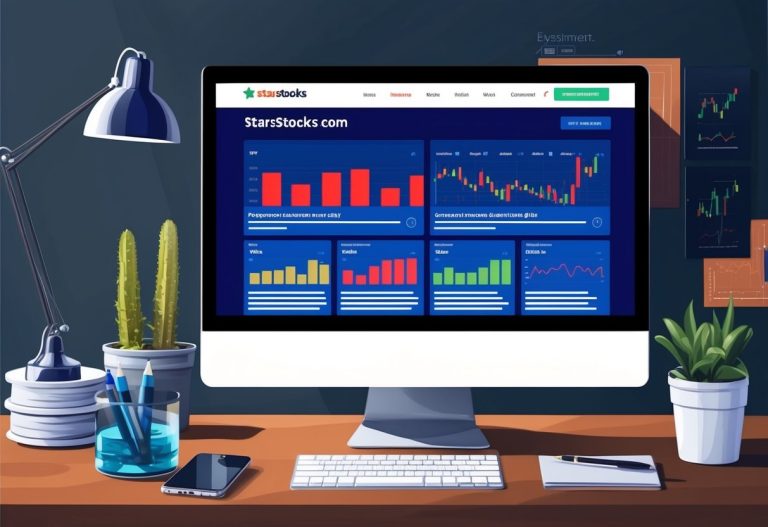Personal vs. Business Finances – Why to Keep them Separate
If you have just started your business venture, you must understand the importance of keeping your business finances separate from your personal finances. Since you are at the start of your venture, it will naturally be tempting to leverage your personal finances, especially when your business has financial needs. A worst-case scenario would be to have only one account for your personal and business finances.
Read on to learn more about why you should always keep your personal and business finances separate.
The Downsides of Mixing Business and Personal Finances
Since you will be taking out business loans to kickstart your business venture, it is in your best interest to separate your business finances from your personal finances. As a business owner, you are legally entitled to tax deductions, which is why you should never mix your business records with your personal financial records.
It is in your best interest to separate your respective accounts so you can indicate business-related and individual deductions. Separate accounts will make the entire process of filing for taxes less complicated; however, when personal finances are combined with business expenses, you will be missing out on potential deductions.
Set Up Separate Savings Accounts for Personal Finances
Ideally, you should have separate savings accounts for your personal finances and personal goals. You have several savings accounts with the best savings rates to choose from, which is why you must do your proper research before investing in a savings account. For instance, if you want to grow personal wealth, choosing an ISA might be perfect for you as it offers tax-free interest, which can help you grow your personal finances.
Simultaneously, having multiple savings accounts for various purposes can help you keep your business and personal finances separate, while you can potentially maximize the earned interest.
Use A Business Checking Account for Your Business Line of Credit
Now that you know the importance of maintaining a separate business and personal account, you should know the potential ways that can help you streamline your business accounting practices and prevent financial issues in the long run. With that said, the best bet is to open a business checking account by partnering up with a dedicated financial institution that exclusively specializes in small startups.
Such financial institutions will help you direct you to the best options available for your business accounts. Subsequently, never give in to the temptations of using business funds for personal expenses right from the start when you launch your startup.
Maintain the Records for A Realistic View of Your Finances
As a business owner, budgeting is key for your business and personal finances. Keeping detailed records will enable you to effectively monitor everything that you have spent on your business and personal expenses. With that said, if you have an asset that you are using for your business and personal use, such as a car, make sure to keep paperwork and records ready that depict the mileage used for business and personal trips.
Apply the same rule to any other asset that you have and use for personal and business use. By keeping track of how much you are using the asset and what for and when, you can keep track of your spending.






